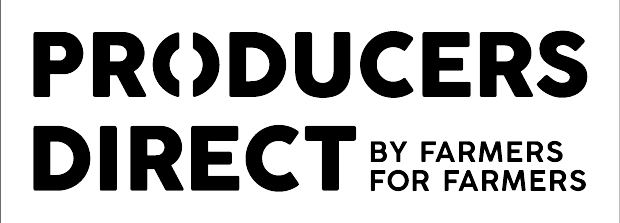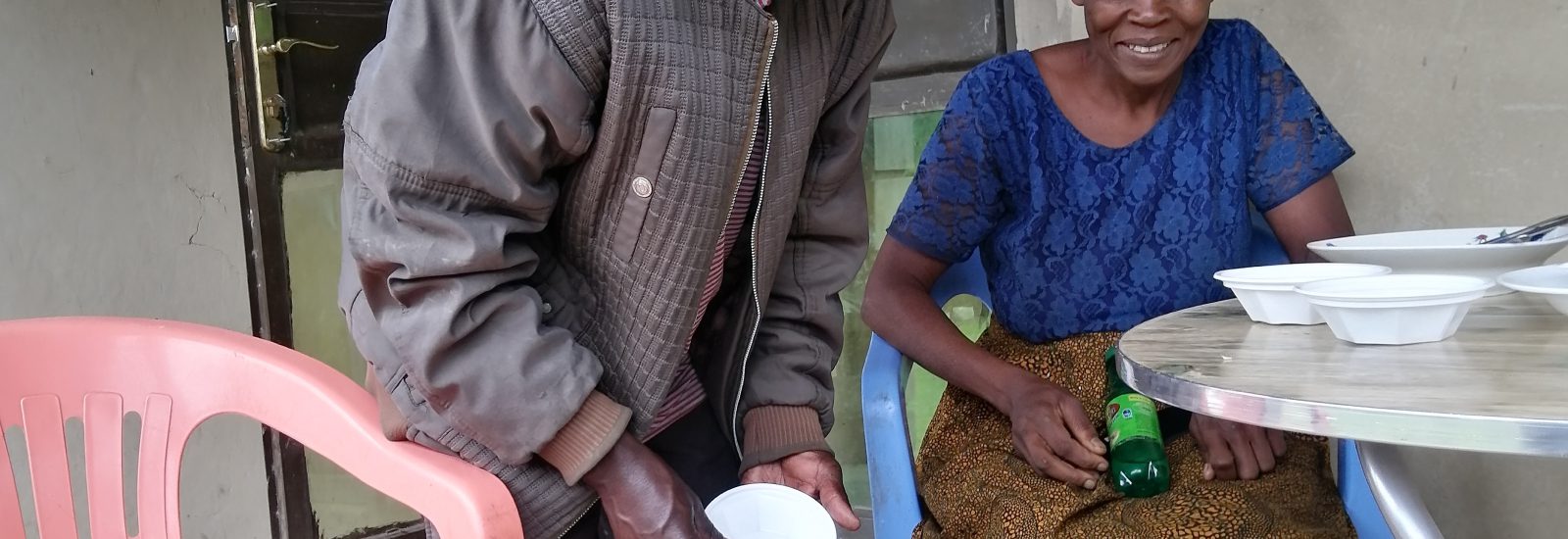Tell us about yourself
My name is Justine Muhereza and I live in Mukombe village. I am a farmer and I grow bananas and coffee. For three years now, I’ve been keeping bees. When I started beekeeping, I was just doing it on my own using traditional bee hives and when the Producers Direct team came to offer beekeeping training, I was interested to learn more and how I can make money from it as a business. From the training, I learned a lot and now I even train other bee farmers on best beekeeping practices.
How has your beekeeping journey been so far?
We started a beekeeping project with other beekeepers from around my village. One thing motivating for us is knowing that we will have a market where we can take our honey after harvesting. Like I mentioned, I have been keeping bees for a while now, and some of the profit I’ve made from selling honey has helped to pay school fees for my children. Now because we have a ready market, and with these modern beehives plus the knowledge I have now, I know I’ll make even more profit from this enterprise.
I started with 8 traditional beehives and then I received a loan from Producers Direct in the form of 15 modern beehives to add to the traditional hives that I already had.
How does beekeeping compare with other enterprises especially when you think about the time it takes when starting out?
Beekeeping requires less time to start up when compared to banana farming and coffee farming. Banana farming for example requires digging the banana holes, finding the required materials for planting and other additional activities like weeding. Beekeeping on the other hand doesn’t need all of that, once the hives are set up we leave them to get colonised, regularly checking to ensure everything is going well, which gives me time to tend to my coffee and banana farms.
As a beekeeper, what challenges have you encountered?
Sometimes bees just abandon their hives and there’s nothing I can do about that and you know when that happens, it means no honey is being produced in those hives.
The other challenge we used to have was finding people to help with harvesting honey. Because there weren’t many, it meant that harvesting would take a lot of time. But now we’ve been assured that we will have harvesting equipment like the extractor which will help make the harvesting process faster and we will not need to hire many people for that like we used to during previous harvests. I am also looking forward to harvesting honey from these new modern hives because as I said, I know we have a ready market where I can take my honey.
What future plans and aspirations do you have for your beekeeping enterprise?
In three to five years, I want to have more than 200 bee hives. I want to be able to pack my honey and sell it to cooperatives. I want my bee enterprise to boost my banana and coffee farming businesses and educate my children. So, I am requesting that we continue to get more support so that we can buy more hives, and then I can use the profits from beekeeping to help grow our other farming enterprises.
At the moment, some of the money I get from selling honey goes to pay for school fees for my children and I also use part of it to buy manure and mulches for my coffee and banana farms, so I know that by buying more beehives and through learning from training, I will expand my beekeeping business and the profits I make will help grow my other agriculture enterprises.

